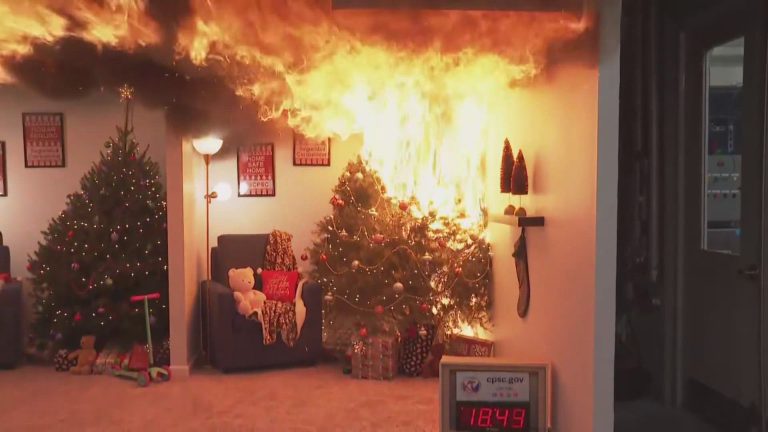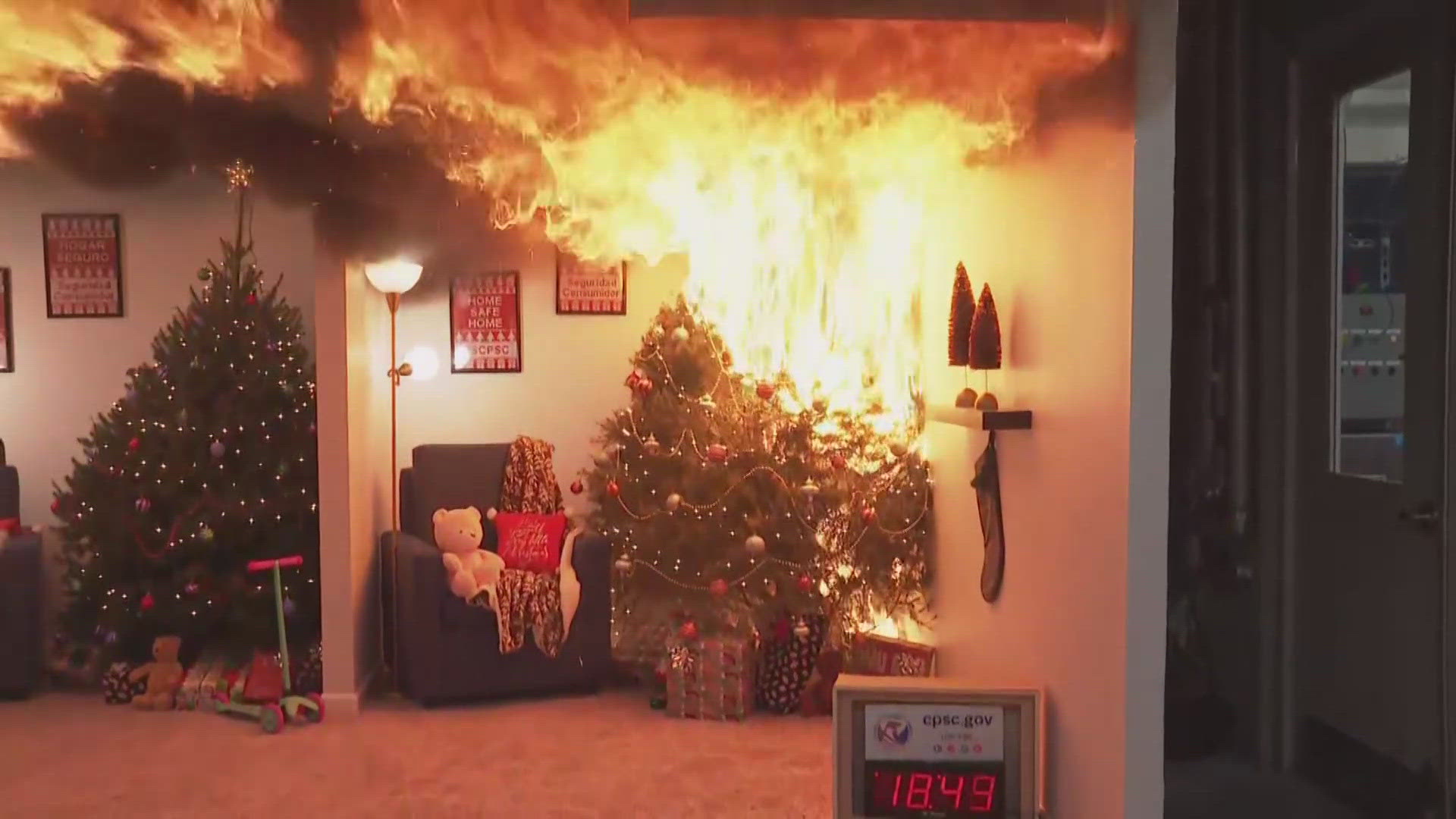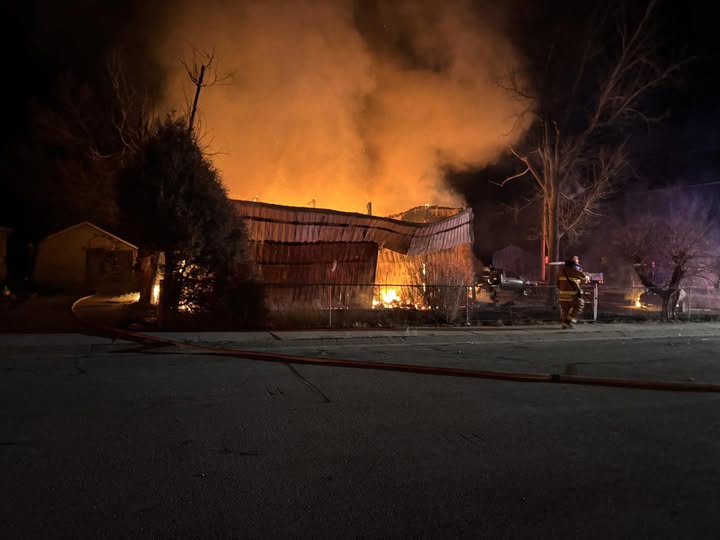RAPID CITY, S.D. – The public had a third opportunity to speak to the South Dakota Board of Education about proposed changes to the state’s social studies standards on Friday at The Rushmore Hotel in Rapid City, and many used the opportunity to criticize the current draft.
Wade Pogany, executive director of the Associated School Boards of South Dakota, said the board needs to “go back to the drawing board.”
“Passing these social studies standards as they are would be a disaster,” Pogany said.
Hundreds of parents, educators and community members have voiced opposition or support for the proposed social studies standards in the past months. Educators lined the sidewalks outside the hotel on Friday morning in protest of the current draft of the standards.
The standards originally drew criticism in 2021 after the state removed more than a dozen references to the Oceti Sakowin (the collective term for Lakota, Dakota and Nakota speaking Native Americans) in the first draft. Gov. Kristi Noem ordered the standards revision process to restart in 2022.
The Department of Education released its revised standards in August, but quickly drew criticism again after the South Dakota Education Association said the standards discourage inquiry-based learning and emphasize rote memorization, adding that Native American history and South Dakota history are “afterthoughts or lumped in with other standards.”
More revisions have been made since the November state Board of Education meeting in Sioux Falls, including the addition of world geography standards in high school, several grammatical and formatting changes, and the translation of names of Indigenous historical figures to their Lakota translations or to translations in their Native languages, according to a summary of the revisions.
But those changes aren’t enough for some.
Many who testified Friday said the recent revisions fail to fix several problems, especially with age appropriate learning, memorization, and accurate Native American history. One educator opposed to the standards compared one of them — first-graders memorizing the Preamble of the U.S. Constitution — to adults “memorizing the Preamble in Mandarin with your eyes closed” because of the mental capacity and understanding of children at that age.
Shaun Nielsen, a social studies educator and a teacher who served on the original social studies standards workgroup and the revision work group in 2022, testified against the “unrealistic” standards, saying students would not get in-depth learning opportunities and would only “skim the surface.”
“The exhaustive list of topics paired with the amount of school days will turn my scuba diving class into a water skiing class,” Nielsen said.
Just over 50 people testified in-person or virtually at the Friday meeting, showing their support or opposition for the revised standards.
Most proponents said the new standards are an improvement from current standards, and that memorization and factual knowledge are important foundations for critical thinking and learning later on in students’ educations.
“The first step in creating critical thinkers is giving them something to think about,” said Tim Weisz, president of the Aberdeen Catholic School System.
A handful of proponents admitted that the standards were not perfect, but encouraged their adoption anyway.
“They set the bar high, which is, in my opinion, where it needs to be,” Weisz said.
Proponents included government officials, legislators, parents and educators, including those in South Dakota and representatives from organizations across the country, such as the National Association of Scholars and Johns Hopkins University.
As of Tuesday, nearly 1,100 people had submitted written testimony — about 117 proponents, 940 opponents and 37 neutral comments, according to the state Department of Education.
Originally, the social studies standards were crafted by a more than 40-person work group. After the process was restarted, a second, 15-person work group, which included a retired educator from Hillsdale College in Michigan, began work on the standards up for debate now.
The next South Dakota Board of Education meeting will be April 17 in Pierre.












